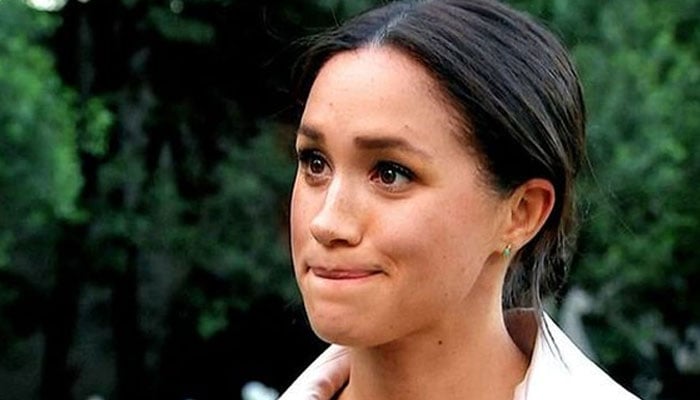Megan Markle’s 2021 children’s book The Bench is back in the spotlight, but the reviews are far from glowing. Branded as a commercial flop, the book has reportedly sold just 8,000 copies in the UK despite Markle’s high-profile marketing efforts. Fast-tracked to publication and based on a poem written for her husband, Prince Harry, the book has left critics and readers underwhelmed, prompting a wave of online criticism and backlash from the literary community.

Upon release, The Bench made headlines due to Markle’s celebrity status and her title, Duchess of Sussex. However, the book itself, intended to explore the bond between a father and son through simple verses and watercolor illustrations, has been widely criticized for its lack of substance and awkward phrasing. Critics and readers alike have noted that it falls short of the depth and narrative quality expected in children’s literature. Alex O’Connell of The Times pointed out that it lacked “a good story and basic rhythm,” both essential elements of engaging children’s books. Instead, readers are presented with repetitive imagery of benches and father-son moments that seem out of touch with real family life.
A growing number of children’s authors have voiced their frustration, pointing to The Bench as another example of celebrity-penned books bypassing the rigorous review and approval process that non-famous authors must endure. Poet Josh Ragel and author James Lyons were among those to speak out, with Lyons revealing the challenges he faced in securing a publishing deal despite submitting over 180 queries across multiple manuscripts. “Celebrities are essentially handed publishing deals without any of the hurdles we face,” Lyons shared, adding that children’s authors spend years honing their craft, researching child psychology, and understanding storytelling techniques that resonate with young readers.
Other writers see celebrity-authored books as more than just a trend but a fundamental issue that “waters down the value of children’s literature.” Author Katherine Rundell, known for her award-winning children’s books, voiced her concerns: “We would be shocked if you put your name on a concerto you hadn’t composed or signed a painting you hadn’t painted; why should children’s literature be any different?” Rundell explained that genuine children’s literature is often marked by its own power, strangeness, and creativity, which is hard to achieve without a real connection to the art form.
In response to The Bench’s criticism, some fans defended Markle, suggesting that the book was intended as a personal keepsake for her family and not a piece of literary prowess. However, many others argue that if it were indeed meant to be personal, then it should not have been marketed as a bestseller with a hefty price tag and wide distribution. Markle reportedly received $500,000 for The Bench, an advance that critics claim could have funded multiple aspiring authors and given children access to diverse, high-quality stories.
This incident adds to a broader conversation about celebrity authorship and the gatekeeping in the publishing industry. As children’s authors call for more support and visibility for non-celebrities, The Bench may become a symbol of the frustrations faced by aspiring writers everywhere. Literary experts agree that while celebrity books can draw attention to children’s literature, they may also overshadow more impactful, thoughtfully crafted works by authors who have dedicated their lives to the craft.
As Markle’s book continues to face lukewarm sales, fans and critics alike are urging publishers to invest in original, meaningful stories rather than capitalizing on famous names alone. In a market where countless books compete for shelf space, the demand for authenticity and quality has never been higher. The Bench, now seen by some as an example of the pitfalls of fast-tracking celebrity projects, serves as a reminder that fame does not necessarily translate to literary success.





